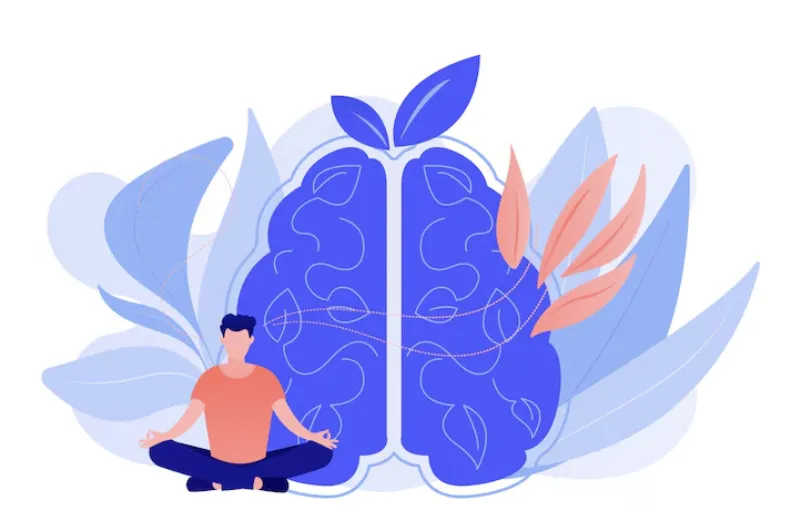The Connection Between Happiness and Health

Happiness and health are deeply interconnected, influencing each other in profound ways. Numerous studies have shown that a positive emotional state not only improves mental well-being but also enhances physical health. Understanding this connection can empower individuals to prioritize happiness as an integral part of a healthy lifestyle.
The Science Behind Happiness and Health
Biological Mechanisms:
Happiness triggers the release of feel-good hormones such as endorphins, dopamine, and serotonin. These chemicals reduce stress, enhance mood, and improve overall health.
Reduced cortisol levels (the stress hormone) in happy individuals lower the risk of chronic conditions like hypertension and heart disease.
Immune System Boost:
Positive emotions strengthen the immune system, making the body more resilient to infections and illnesses.
Happy people are less likely to experience inflammation, which is a key factor in many diseases.
Improved Cardiovascular Health:
Happiness has been linked to lower blood pressure and a reduced risk of heart attacks and strokes.
Optimistic individuals often engage in healthier behaviors, such as regular exercise and balanced eating, which further protect the heart.
How Happiness Contributes to Mental Health
Reduced Stress and Anxiety:
Happiness helps counteract the effects of stress by promoting relaxation and positive thinking.
Individuals with a positive outlook are less likely to experience chronic anxiety or depression.
Enhanced Cognitive Function:
Positive emotions improve focus, creativity, and problem-solving abilities.
Happy individuals tend to have better memory retention and reduced risk of cognitive decline in later years.
How Health Promotes Happiness
Physical Fitness and Mood:
Regular physical activity releases endorphins, commonly known as “runner’s high,” boosting mood and energy levels.
Good physical health enables individuals to engage in activities that bring joy and satisfaction.
Quality Sleep:
Adequate sleep is essential for emotional regulation and maintaining a positive mood.
Healthy sleep patterns are associated with higher levels of happiness and reduced risk of mental health disorders.
Balanced Nutrition:
Diets rich in fruits, vegetables, and whole grains support brain health and improve mood stability.
Certain foods, like fatty fish and nuts, contain nutrients that promote emotional well-being.
Practical Tips to Cultivate Happiness and Health
Practice Gratitude:
Reflect on positive aspects of life and express gratitude daily to enhance emotional well-being.
Engage in Physical Activity:
Incorporate regular exercise into your routine to benefit both mental and physical health.
Connect with Others:
Build and maintain meaningful relationships to foster a sense of belonging and reduce loneliness.
Mindfulness and Relaxation:
Practices like meditation, deep breathing, and yoga help reduce stress and promote a positive mindset.
Prioritize Self-Care:
Allocate time for hobbies, relaxation, and activities that bring joy and satisfaction.





